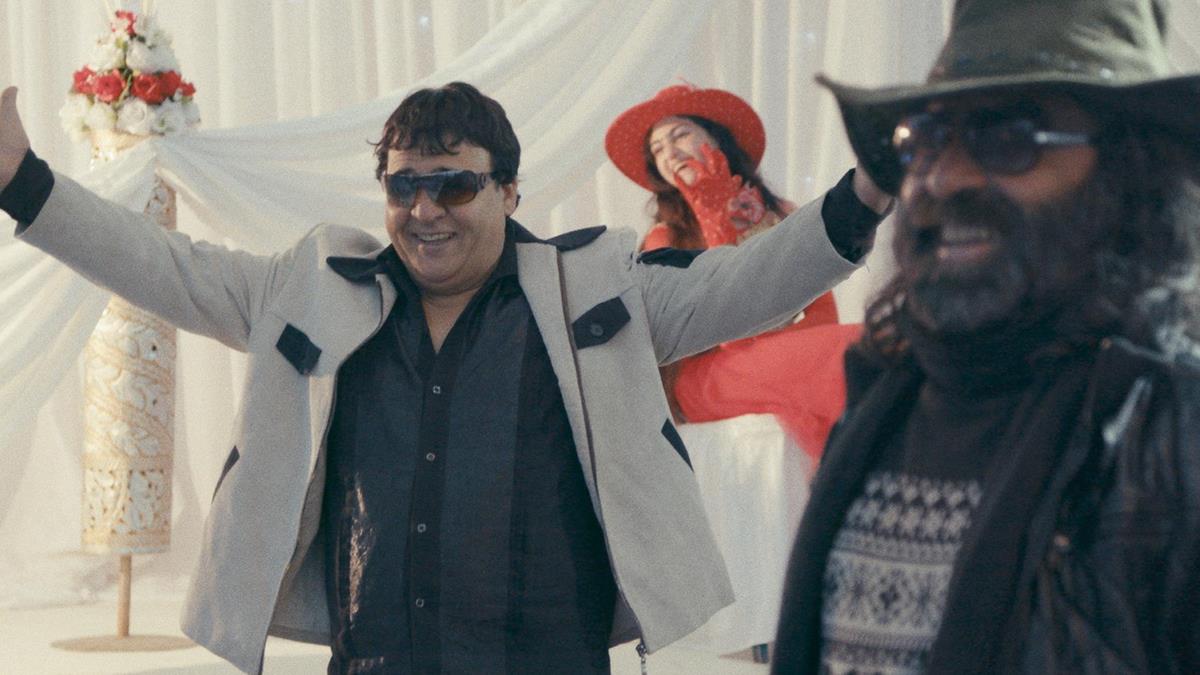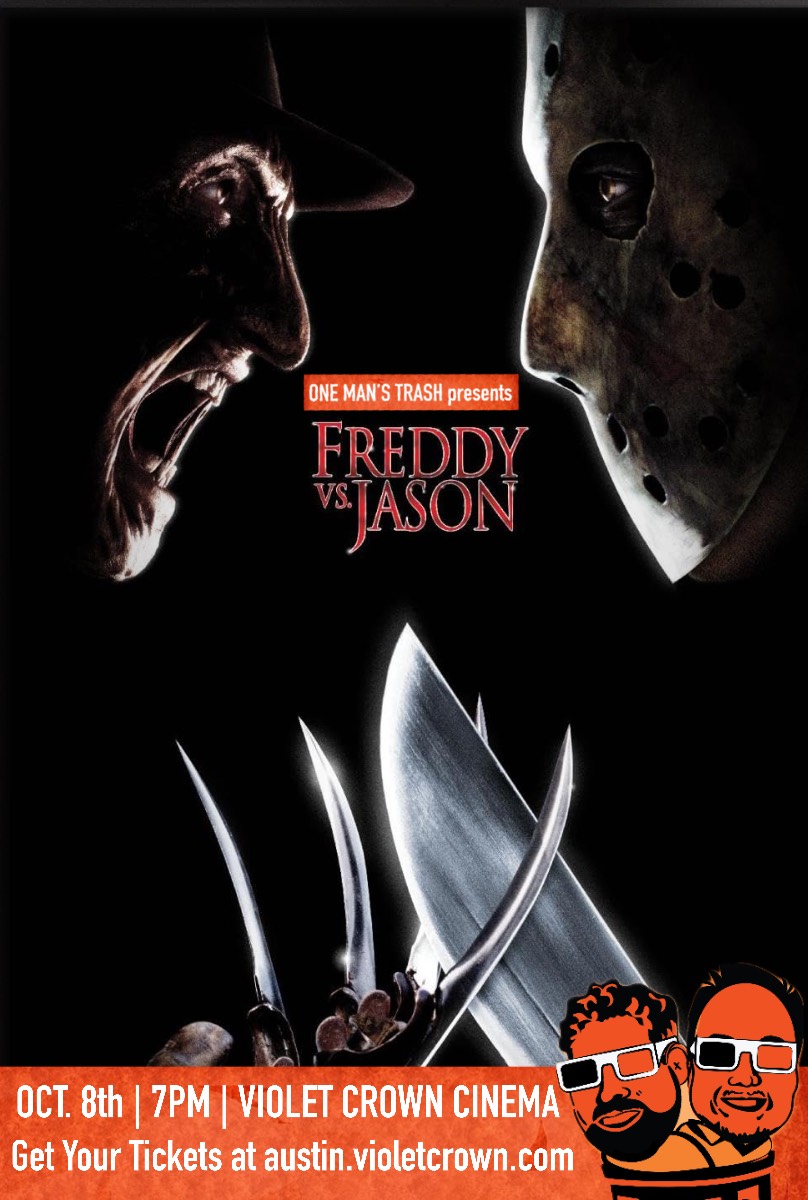Salim Shaheen is one of Afghanistan’s, and perhaps the world’s, most prolific filmmakers. But his is a name probably not known to many outside of the Middle East. Nothingwood comes from Salim himself as he notes that America has Hollywood, India has Bollywood and, as he points to the desert around him, Afghanistan has Nothingwood.
At the outset of this documentary Salim is on his way to a remote mountain village to begin production of his 111th film. Salim himself is large although not so tall, muscular like a linebacker far past their prime. Salim is a star and he knows it and owns it. His charisma is immediate and inescapable, he is almost always smiling and laughing, making sure everyone in the room feels comfortable. Almost always dressed in a black sports coat over a turtleneck he looks a bit like Steven Seagal, which is more than appropriate given his films.
There’s a very earnest low budget quality to Salim’s films. There’s a very Bollywood quality to them with lots of dancing and music, but mixed in with cheap B-movie action and violence. The films are of the utmost low quality, like something a high school student might put out and the posters wouldn’t pass a basic graphic design course. Salim’s team is a rag tag handful of people, most of whom have been with him for a long time, and many perform multiple functions. One of his stars is also a location scout and makeup artist.
Most of Salim’s movies revolve around life in Afghanistan, and this is where his audience really fall in love with him. One man remarks upon a film in which Salim is a poor man selling tea to make ends meet and how much that movie connected with him. Tea is used several times throughout the film and, although only hinted at, Salim seems to have a deep affinity for tea, seeing it as a binding thread across cultures.
Salim does not seem to be an overtly religious man. As he travels through the countryside it becomes clear that this is an area the is very traditional. Hardly any women are in the documentary, and when they are they are almost always inside. At one point Salim is filming a large action scene and a large group of a hundred or so local men come to watch. When the director asks why there are no women she is told that they are not allowed. One of Salim’s stars spent a year wearing a full burqa on TV, since women acting is very taboo, and came out of the experience with a better respect for the experience of his wife and other women in Afghanistan. Salim on the other hand comes from an arranged marriage, which was fraught from the beginning. He says that he tried to commit suicide on more than one occasion. His mother told him that if just waited that in time he would be stable enough to get a second wife and he does eventually do just that. At one point Salim visits the site of two century old buddha statues that were destroyed by the Taliban, saying “those people are against culture, civilization, and humanity.”
There are plenty of interesting things happening in this documentary. From the people Salim meets and works with, to the bizarre scenes, some autobiographical, from Salim’s own films that are sprinkled throughout the documentary, sometimes dropped when they are referenced by fans, or used to illustrate Salim narrating his own memories. And yet, as compelling as Salim and his story are, this documentary felt fractured and a little lost. In many ways it’s a very straightforward documentary. We follow Salim from the outset of his production to the end, his life story and that of Afghanistan peppered throughout. Some of the more interesting parts come from Salim talking about the Soviet invasion and the impact it had on their culture. But scenes cut without context to the next one, people are barely named or are interviewed only to fade into the background. The failure here might just lie in the editing. There’s plenty of great material and the shots are beautiful but perhaps director Sonia Kronlund is trying to put too much of an arthouse spin on this. This is a worthy subject for a documentary and all the pieces are there, but not in the right order.








